If you enjoy Ghost Bites, then make sure you’re on the mailing list for a daily dose of market insights in Ghost Mail. It’s free! SIGN UP >>>
Grindrod Shipping announces the Taylor details
Taylor Maritime Investments is looking to take control of Grindrod Shipping
The deal is structured as an offer, which means shareholders can choose to approve it or not. That sounds obvious unless you are familiar with a scheme of arrangement structure, in which shareholders are asked to vote on the deal and if 75% say yes, the rest are forced to sell.
In this case, the minimum that Taylor requires for the offer to go ahead is 50% in the company. In other words, the offer is for control or nothing.
Shareholders will receive an aggregate value of $26 per share, structured as a $5 special dividend and a $21 purchase price from Taylor. This is a 26.8% premium to the last traded price on 26 August, the day preceding the initial announcement of a deal.
An update on Steinhoff
The 64% drop in the share price this year is a reminder of the state of the balance sheet
Steinhoff has taught the world many things. Leaving aside the obvious scandal, it has also taught investors that a group valuation is a function of the underlying operations (like Pepco in Europe) and the balance sheet at group level.
No matter how well the operations are doing, an over-leveraged balance sheet tends to break the story. To that end, part of Steinhoff’s latest update is that the group is engaging with potential lenders about a restructure of the debt with a view to extending the duration. This simply means that Steinhoff is trying to get more breathing space to repay its debt.
Let’s start with Pepco, the pan-European discount retailer in the group. For the year ended September 2022, revenues were up 17.4% on a constant currency basis. PEPCO (the European business) grew 28.7% and Poundland in the UK managed just 5%.
Importantly, most of that European growth is from new stores being rolled out. On a like-for-like basis, PEPCO is up 7.4% and Poundland 2.6%. You can now see the difference that an expanding footprint made to the growth rate in PEPCO.
PEPCO also reports an “exit rate” to give an idea of the current growth run-rate, with September like-for-like growth of 15.5% vs. September last year.
Expected EBITDA of between €735 million and €750 million implies an EBITDA margin of around 15.4% on a constant currency basis.
Of course, growth doesn’t come for free. Net debt of €1,43 billion is an increase of €228 million year-on-year, driven by the store expansion plan and higher net working capital.
These are impressive numbers, especially against the backdrop of difficulties in Europe. The key is that in the core markets of Poland, Hungary and Romania, inflation in clothing and footwear is only a third of the headline inflation rate. The UK also has major issues, but Poundland’s value offering is somewhat resilient as consumers tend to shop down the price curve.
Moving on to Mattress Firm, a mattress specialty retailer with 300 stores in the US, the latest news is that there is no news. The group has been IPO-ready since March 2022 but the market conditions have been terrible. Steinhoff says that it is “exploring strategic options” which could mean a private equity rather than a listing. At this stage, there’s no certainty over the course of action.
The share price was only 0.5% higher on the day of the release, so there doesn’t seem to have been any excitement in these numbers vs. market expectations.
Spear acquires The Island
The Cape Town focused property fund is increasing its exposure to logistics properties
I drive through Paarden Eiland regularly and this deal sounds like a winner. Spear REIT is acquiring The Island from Inospace, perfectly situated in arguably Cape Town’s best industrial area.
The property offers large-scale modern warehousing complexes with roof heights ranging from 11 metres to 14 metres under eaves. For investors, the important point is that there aren’t many properties like this running around in Paarden Eiland.
The purchase price is R185 million and the acquisition yield is 9.75%. The weighted average escalation is 7.6%, the weighted average lease duration is 2.45 years and the vacancy is 0%. That’s exactly what you want to see.
Because the price is more than 5% of Spear’s market cap and less than 30%, this is a Category 2 Transaction. This means that Spear is required to announce the details (which it has done) but shareholders won’t be asked to vote.
Zeder is trading at nearly a 30% discount to NAV
The good news is that much value has already been unlocked
Over the past six months, Zeder’s net asset value per share has dropped by 42.3%. That sounds terrible unless you know the full story, as Zeder is a lot smaller than it used to be for all the right reasons.
For example, the Kaap Agri investment (a 42.2% stake in that company) was unbundled in April. The Logistics Group was sold in March and Zeder paid a special dividend of 92.5 cents per share with the proceeds. A further special dividend of 10 cents per share has now been declared.
The group is now focused on growing the remaining assets and potentially selling them when the time is right.
I was pleased to note that the announcement gives the numbers that explain the value unlock journey. Zeder was trading at R4.23 per share at the end of February 2019. Since then, Zeder paid special dividends of R3.53 per share and unbundled an additional R1.03 per share (Kaap Agri). The current market price is R1.90. That’s R6.46 per share in value vs. a R4.23 starting point in the space of 3.5 years, a return of nearly 53% overall.
Shareholders will now focus on the remaining assets, of which Zaad and Capespan are by far the largest.
Little Bites
- Director dealings:
- The CFO of Absa has sold shares in the company worth over R8.7 million.
- Nu-World Holdings Limited released a trading statement covering the year ended August 2022. Headline earnings per share (HEPS) fell by between 35% and 45%. The company notes just about everything you can think of to explain the drop: the global economy, the riots, weak volume growth, subdued selling price inflation and reduced consumer discretionary spend. Either way, this illiquid stock may see some ugly moves on Wednesday as the announcement came out after market close.
- AngloGold Ashanti has announced a target of 30% reduction in Scope 1 and Scope 2 Greenhouse Gas emissions by 2030. Emissions have been reduced by more than two-thirds since 2007. The capital cost over the next eight years is $1.1 billion, of which $350 million will be covered by AngloGold Ashanti and the rest will come from third-party providers of renewable energy infrastructure. Between $250 million and $300 million will be raised by the company through green bonds to fund its contribution. The capital will go into wind and solar projects at various operations. There will be other initiatives like the use of battery electric vehicles.
- In another feel-good story, Orion Minerals is conducting a trial of electrolysis water treatment at Prieska to produce valuable agri-nutrients for local communities. The idea here is to recover valuable agricultural nutrients (like calcium and magnesium) during the upcoming dewatering campaign at the Prieska Copper-Zinc Mine. This sounds like a great initiative and it seems to use locally developed technology as well, so that’s a double-whammy of awesomeness.

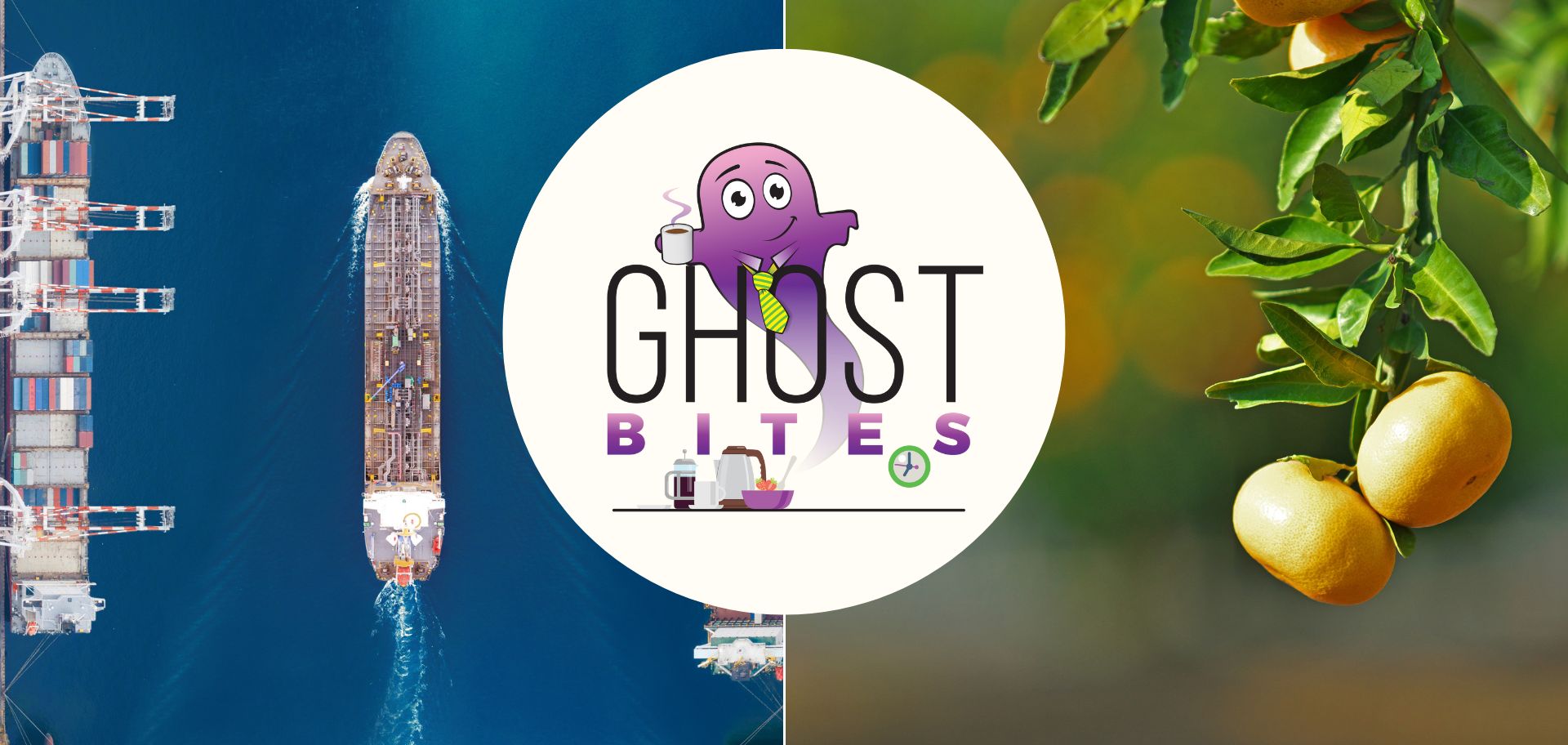

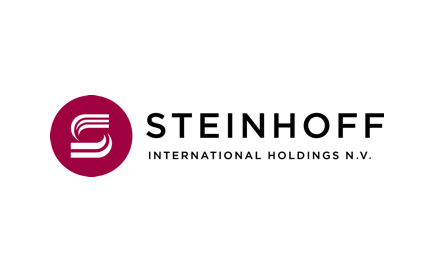
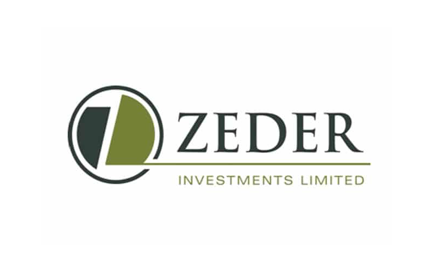
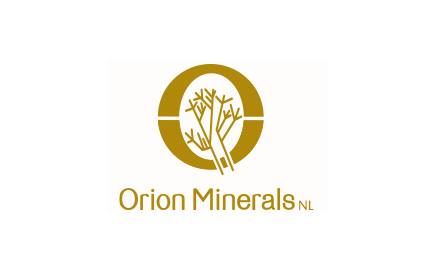
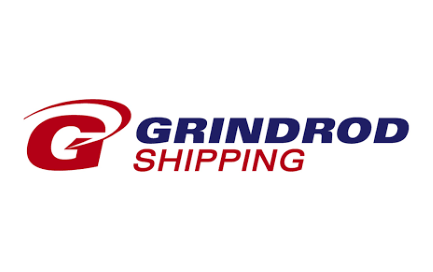
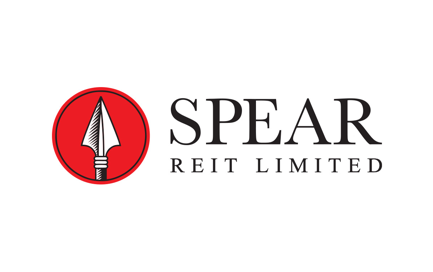
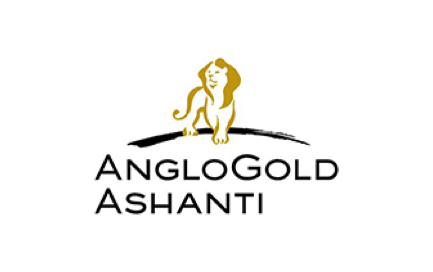
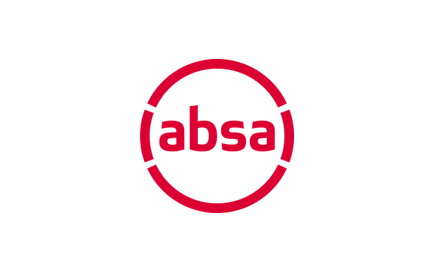


Good day
Like Ghost, I note but don’t put much store in directors’ trading. Thus, if the CFO of a large company (ABSA) sells shares of R9m, it is noteworthy but not earth shattering. It is probably a smallish part of his wealth, and there could be several valid reasons for the sale.
BUT…. if several directors of a much smaller company (Italtile) collectively BUY R10m worth of shares, there is one reason only — they are confident of profiting from it. And THAT certainly deserves a mention in your column?
Hi Frits! Thanks so much for the comment. So, there was indeed a dealings announcement by Italtile but you have to look closer…it was actually the Italtile & Ceramic Foundation Trust that bought the shares. The directors just happen to also be the trustees. This is completely different to the directors buying in their own names, which would be a strong bullish signal. When a foundation is buying shares (often as the B-BBEE partner), it’s because the foundation has spare cash and is using it to build up the portfolio to earn dividend income in future. On that basis, I didn’t include it in Ghost Bites as I didn’t want to give the impression of a bullish signal. Hope that makes sense?